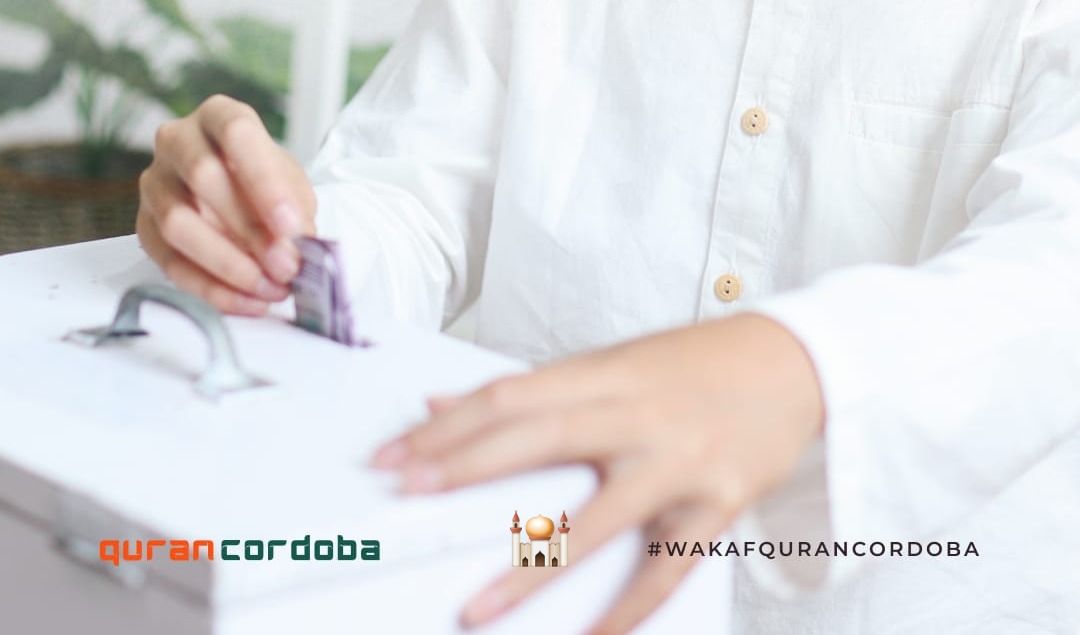Heri Mahbub
Itikaf is a sunnah worship that is highly recommended for Muslims, especially in the last ten days of Ramadan.

Itikaf (retreat) during Ramadan is a highly recommended practice for Muslims during this holy month, especially during its last ten days. Itikaf involves remaining in the mosque with the intention of drawing closer to Allah SWT through various forms of worship such as reading the Quran, remembering Allah (dhikr), and praying.
This activity provides an opportunity for self-reflection, improving one's relationship with the Creator, and enhancing one's spiritual qualities. In the silence and tranquility of the mosque, congregants in i'tikaf experience inner peace and profound reverence, strengthening their faith and receiving an abundance of grace and forgiveness from Allah SWT.
Also read: complaining to God, not to other than Him
Itikaf is a sunnah act of worship highly recommended for Muslims, especially during the last ten days of Ramadan. The activity literally means remaining in the mosque with the aim of drawing closer to Allah SWT through various forms of worship.
This worship includes reading the Koran , dhikr, prayer, sunnah prayers, and self-reflection. While this activity is carried out, a Muslim leaves all worldly affairs for a while and focuses completely on worship and devotion to Allah.
Those who perform i'tikaf usually bring basic necessities such as simple clothing and bedding, as they will stay inside the mosque during the i'tikaf period, which usually starts from sunset on the 20th night of Ramadan until the end of the month.
The primary purpose of I'tikaf is to seek Laylat al-Qadr, a night better than a thousand months, where the rewards of worship are multiplied immensely. In the silence and tranquility of the mosque, those in I'tikaf (retreaters) experience an atmosphere conducive to introspection and spiritual growth.
Furthermore, this activity is also an opportune time to seek God's forgiveness and mercy, and to improve our relationship with Him. Itikaf is not only performed by men but also by women, provided they are in a safe place and in accordance with Islamic law.
In some communities, mosques provide special spaces for women who wish to perform i'tikaf, so they can perform this worship comfortably and devoutly.
By engaging in these activities, Muslims are expected to experience inner peace, strengthen their faith, and bring about positive changes in their lives after Ramadan ends. This activity is a form of worship that teaches simplicity, serenity, and a deeper closeness to the Creator.
Also read: Ramadan Praise in Poetry and Song Lyrics
If you want to perform this sunnah practice, there are various procedures you must follow. Here are some easy procedures for practicing I'tikaf during Ramadan.
Before beginning itikaf , one must have a sincere intention to perform itikaf for the sake of Allah SWT. This intention can be simply made in the heart without needing to be specifically pronounced. Prepare all basic necessities such as clothing, bedding, and religious needs such as the Quran and religious books.
Itikaf is carried out in the mosque. The time to enter the mosque to perform Itikaf can start from sunset on the 20th night of Ramadan. When entering the mosque, perform the mosque's sunnah tahiyatul prayer as a form of respect for God's house.
Some activities that will be carried out during i'tikaf, for example, are as follows:
Some of these activities can help you feel calmer and get closer to Allah SWT.
Avoid useless talk and vain activities. Focus on worship and drawing closer to Allah. Keep the mosque clean and avoid disturbing other worshippers in 'Itikaf.
I'tikaf is typically performed during the last ten days of Ramadan, but there is no minimum limit according to Islamic law. It can be performed for several days or even a few hours, depending on one's ability. On the final day of Ramadan, this activity concludes with the arrival of Eid al-Fitr.
This activity of drawing closer to Allah will conclude after Maghrib prayers on the eve of Eid al-Fitr. As you leave the mosque, aim to maintain the good habits you practice in your daily life.
READ ALSO: Time for Improvement, Find Peace with the Quran
Perform the mosque's tahiyatul sunnah prayer if you want to re-enter the mosque after the activity ends. By following these procedures, it is hoped that a Muslim can make the best use of Ramadan to get closer to Allah, seek Laylatul Qadar, and receive blessings and forgiveness in this holy month from Itikaf.
Wallahu'alam

